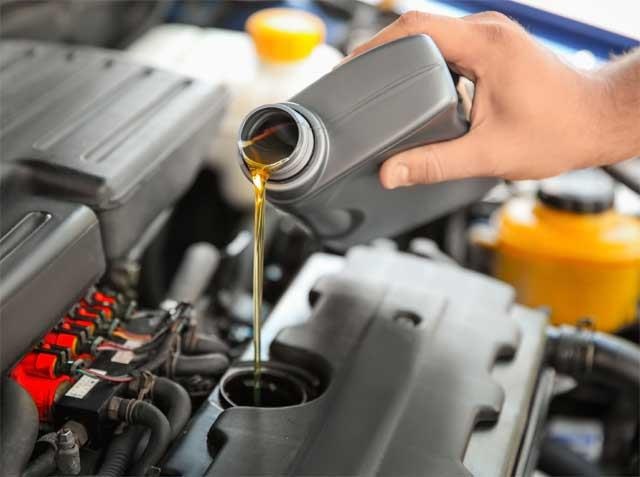What does Oil lubricate in an Engine?

An engine, being the fundamental part of a vehicle, is responsible for its movement and covering the distances. It isn’t just a component but it is made up of small and large parts that generate power and required torque to keep the vehicle moving. Engines differ from manufacturer to manufacturer as well as from vehicle to vehicle.
By keeping this scenario in mind, their parts that slide or keep contact with each other need lubrication to avoid corrosion and rusting that might damage their movement and lower the efficiency of the engine. Let’s have a look at what parts the engine contains and what does oil lubricate in the engine to keep its movement smooth and efficient.
For a four-stroke engine, it includes the crankshaft, connecting rod, one or more camshafts, and valves. Whereas, for a two-stroke engine, it only includes an exhaust outlet and fuel inlet instead of a valve system, such as dispensing solenoid valve. Both these engines contain one or more cylinders and a spark plug, a piston, and a crankpin. These all require them to be lubricated for better sliding and movement.
Engine oil lubricates the piston to move it smoothly within the cylinder, generate power and torque that is used as mechanical energy to run the vehicle. The crankshaft, connecting rods, and valves are lubricated as well to sustain pressure and generate thrust that assists in the working of the engine and piston movement. These scenarios differ a little when it comes to diesel engines as they don’t have spark plugs to initiate spark and burning of the fuel.
Turbochargers and Supercharger engines
Moving ahead with Turbochargers and Supercharger engines, they differ up to a greater extent concerning the composition and their parts movement.
A supercharger engine works on the principle of a forced induction system that uses a compressor powered by the shaft of the engine, forcing air through the valves of the engine to achieve higher flow. These shafts and valves are lubricated by the engine oil to keep their movement smooth and sustain the pressure.
Turbochargers also work on the principle of a forced induction system which has its compressor powered by a gas turbine running off the exhaust gases from the engine. Its valves and shaft systems work just like superchargers and generate thrust to exhaust gases with enormous pressure and then run compressor through this gas turbine. These are some of the modern engines and are employed in modern aircraft as well.
In all of these above-mentioned engines, engine oil lubricates rotating or sliding surfaces between the crankshaft and rods connecting the pistons to the crankshaft. After switching off the engine, this engine oil collects in an oil pan, or sump, at the bottom of the crankcase, and further lubricates the engine parts whenever the engine gets started.